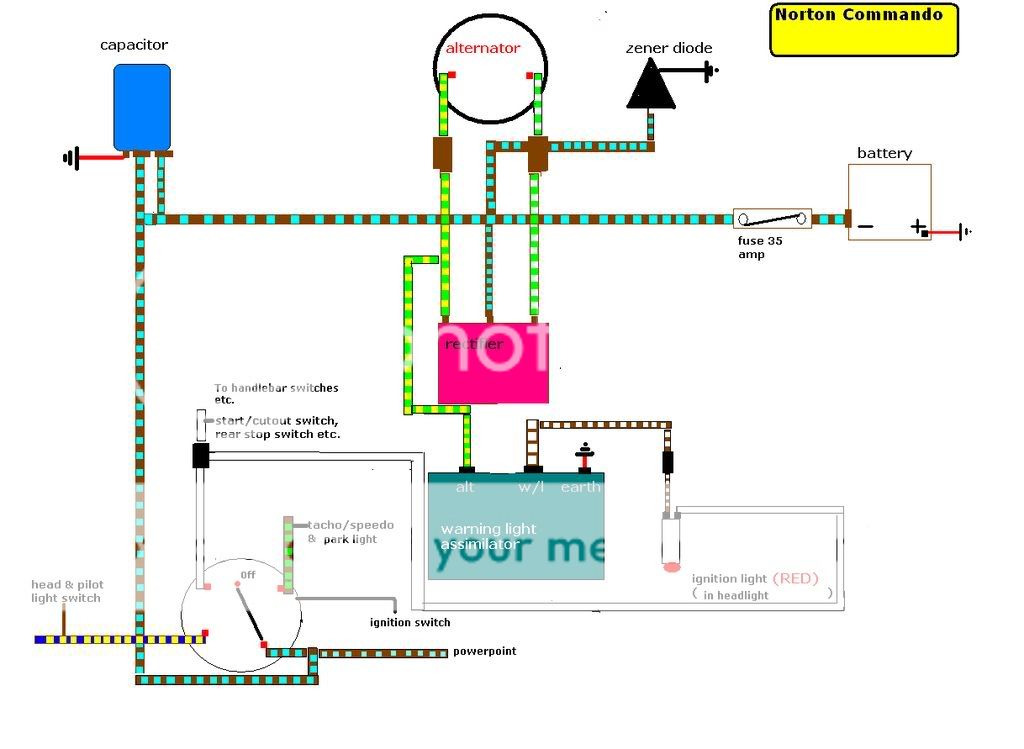Excerpts:
Mazda's regenerative braking system is unique because it uses a capacitor, which is an electrical component that temporarily stores large volumes of electricity. Compared to batteries, capacitors can be charged and discharged rapidly and are resistant to deterioration through prolonged use.
'i-ELOOP' features a new 12-25V variable voltage alternator, a low-resistance electric double layer capacitor and a DC/DC converter. 'i-ELOOP' starts to recover kinetic energy the moment the driver lifts off the accelerator pedal and the vehicle begins to decelerate. The variable voltage alternator generates electricity at up to 25V for maximum efficiency before sending it to the Electric Double Layer Capacitor (EDLC) for storage. The capacitor, which has been specially developed for use in a vehicle, can be fully charged in seconds. The DC/DC converter steps down the electricity from 25V to 12V before it is distributed directly to the vehicle's electrical components. The system also charges the vehicle battery as necessary. 'i-ELOOP' operates whenever the vehicle decelerates, reducing the need for the engine to burn extra fuel to generate electricity. As a result, in "stop-and-go" driving conditions, fuel economy improves by approximately 10 percent.
IMO this is the ideal hybrid system. I wish more manufacturers use this tech, Mazda are unfortunately not big enough to matter.






















